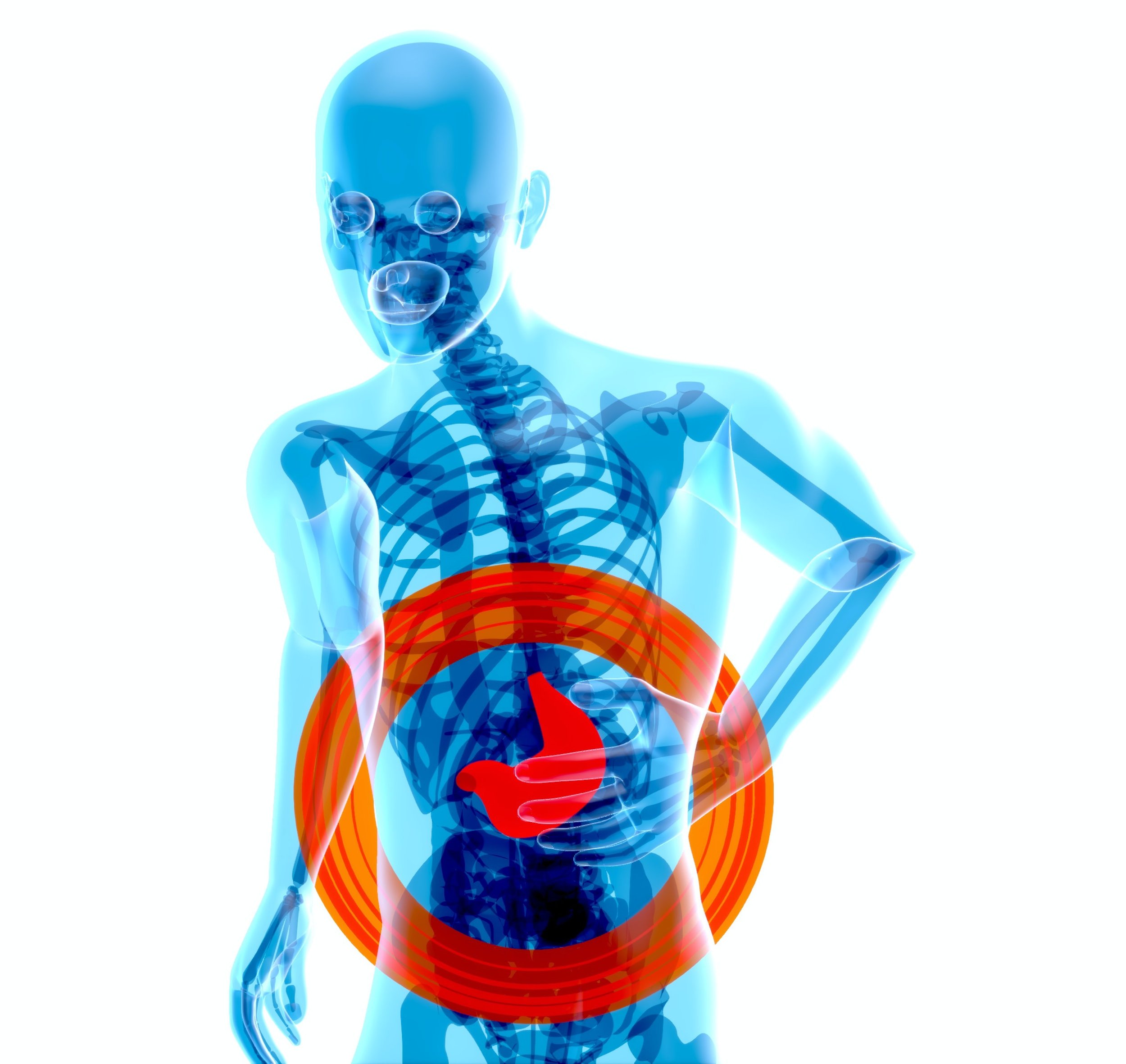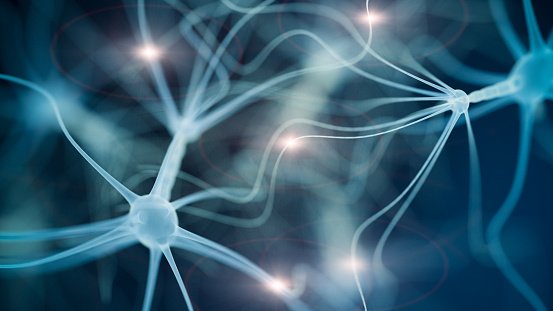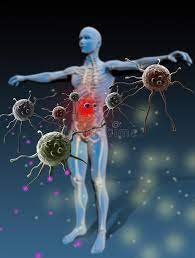To truly improve and maintain a high quality of life, we need to go beyond focusing on specific symptoms and start looking at health from a more holistic perspective. We are here to help you understand why holistic health and wellness are important, outline the 12 pillars that make a strong foundation for well-being, and explain how our technology helps you to consider each of these pillars from a holistic perspective.
What is Holistic Health?
Traditional Western medicine focuses on treating symptoms and specific parts of the body that are unhealthy. While holistic care doesn’t ignore specific symptoms or areas, this alternative approach to health looks at the whole person. If a person has a stomach issue, for example, a holistic health professional will consider various related areas that may be impacting the stomach… Some of these areas may include:
Related body symptoms and parts
Environmental factors
Emotional and mental health
Diet and Lifestyle factors
Body energy
Spiritual Health
Considering the whole person and looking at how these areas may be interacting allows holistic health professionals to get to the root of the problem rather than anly treating symptoms. Additionally, holistic health is a particularly powerful approach to preventative health and maintaining good health and wellness over time.
Why is it important to look at health holistically?
Diseases and illnesses are typically treated with prescription drugs or surgery. Although there are times when drugs or surgery are necessary, they can have negative side effects. And, while it’s true that medical treatment can offer relief from symptoms, they often fail to address the root cause of the problem. This is the reason why it’s common for symptoms to return when a person stops using a prescribed drug.
In contrast to a traditional medical doctor, a holistic health professional prescribes alternative treatments and lifestyle medicine interventions to address the underlying causes of health problems, as well as prevent illness and improve overall well-being. Unlike drugs or surgery, these treatments aim to support the body so it can begin to heal itself. A few of these include:
Nutritional Supplements
Herbal Supplements
Nutrition Counseling
Chiropractic Services
Mental Health Counseling
Lifestyle Programs
More specifically, there are 4 core systems in the body that are critical for maintaining health and wellness.
Detoxification System
Gastrointestinal System
Hormonal/Endocrine System
Immune System
4 CORE SYSTEMS
for Maintaining Health & Wellness
Whether you are very ill, seeking to prevent illness or just trying to improve your overall health or fitness levels, it is important to elevate and maintain the health of these 4 systems. How these systems function both independently and interdependently has a profound influence on your health.
If one or more systems are compromised, the negative effects spill over to all other systems, creating a chain of events that can greatly impact your overall health.
Let’s take a closer look at each of these 4 core pillars of health and how you can get them functioning optimally.
Detoxification
Toxins may come from the air we breathe, and food we eat, the water we drink or from within the body. The liver, lungs, skin, kidneys, lymph nodes, stomach, and intestines work together to filter, reduce, and eliminate these toxins. From a holistic health perspective all these areas should be considered if there is an issue in one area.
The Liver is the chief organ of the detoxification system. This Critical organ converts toxic substances in the blood into chemical compounds that can be eliminated through the lungs, digestive tract, and skin. Brittle, dry, spotty nails and dry eyes and floaters are all symptoms of a blood deficiency in the liver.
The emotions associated to the detoxification system are important as well. When looking at any detoxification issues. The detoxification system is closely connected to the emotions of anger and frustration. These emotions may be the source of a detoxification issue or a symptom that stems from a physical issue. Like any other system in the body, our lifestyle has a tremendous impact on the health of the detoxification system. Below are a few recommendations to help this system function optimally:
Eat organic foods free of pesticides and herbicides
Avoid overeating
Eat fruits such as cantaloupe, avocado and blueberries
Consume plenty of veggies, especially spinach, asparagus and tomatoes
Add other detox-friendly foods to your diet such as salmon, almonds, and tumeric.
Exercise to stimulate lymph flow and waste removal
Consider deep-breathing exercises and far-infrared sauna to expel toxins.
Limit your exposure to EMF sources such as WIFI and cell phones.
Add air purifiers to your home and/or workspace.
Consider additional ways to detoxify your body daily.
Hormone Function
Hormones are chemical messengers that travel through our bloodstream and enter tissues, where they turn on switches to the genetic machinery that regulates everything from reproduction to our sense of well-being. The body’s system of hormone production is formally known as the endocrine system.
The pituitary, pineal, thymus, thyroid, parathyroid, adrenals, pancreas, kidneys, and reproductive glands are involved in hormone production and regulation.The various hormones produced by these organs and glands have specific functions within the body. Thyroid hormones for example, help regulate metabolism, while the hypothalamus regulates emotional response and body temperature, among other things.
The emotions of anger, anxiety, distrust, guilt and feeling defeated all have a close energetic connection to the endocrine system. These emotions may both impact and be impacted by the health of the endocrine system organs and glands.
Taking proactive steps related to your lifestyle can have a tremendous positive impact on your endocrine system and your overall health. Below are a few tips to implement to improve the health of this system.
Incorporate healthy fat such as avocados, cheese and wild caught salmon into your diet.
Eat protein-rich foods such as eggs, chicken and fish
Consume foods that are rich in probiotics and prebiotics
Practice meditation and prayer to help balance hormones
Get good solid sleep (7 to 8 hours a day)
Exercise every day
Limit exposure to toxins such as pesticides and food additives.
Digestion
The gastrointestinal system handles digestive function and also greatly impacts brain function, hormone balance, immune regulation and much more. Key organs of this system include the pancreas, liver, gallbladder, stomach, and intestines. Hormones and nerves are found throughout the GI tract. They are not only sending signals to the brain telling us when we are hungry or full, but also include neurotransmitters that play a key role in our mental state.
Serotonin and GABA are two major neurotransmitters that are produced in the gut. Serotonin assists with controlling our body and contributes to feelings of happiness, while GABA has been found to reduce anxiety and depression. Other emotions that have an energetic correction to the gut include anger, grief, fear, and frustration.
The digestive system also has a tremendous impact on inflammation. Gut inflammation can be caused by bacteria and parasites, food additives, environmental toxins, mental and emotional stress, and many other stressors. Gut inflammation cannot only limit digestion but can also spread to other areas of the body including the immune system and hormonal/endocrine system.
To support your digestive health, follow these tips related to your diet and lifestyle:
Get enough fiber in your diet (25 grams for women and 38 grams for men is recommended)
Stay hydrated
Reduce or eliminate common gut irritants such as gluten and dairy
Chew your food thoroughly
Eat in a relaxed environment to promote healthy digestion.
Add probiotics to help with bowel movements and healthy bacteria.
Practice stress-management techniques such as TRST, meditation and prayer.
Exercise regularly
Consider other treatment for leaky gut
Immunity
The first line of defence against disease-causing microorganisms is the skin and mucosal barriers. Behind this is a complex defense system. Collectively, these parts are known as the immune system.
The immune system neutralizes or destroys microorganisms and the toxins created by them wherever they attack the body via the extensive lymphatic system. This system is comprised of the spleen, thymus gland, bone marrow, tonsils, and other organs and tissues. Special white blood cells that originate in the bone marrow, known as lymphocytes, along with the antibodies (proteins that neutralize foreign objects), are primarily responsible for carrying out the work of the immune system.
In addition to the lymphatic organs and tissues, the gut also produces antibodies that aid in the immune response. And from an energetic perspective, the emotions of anger, shame, grief, and guilt are also closely connected to the immune system. These connections are important to consider when looking at the overall health of this system.
Whether you are fighting off an illness or want to decrease your chances of getting sick, there are a number of ways to strengthen your immune system including:
Eat citrus fruits and berries
Consume plenty of vegetables, especially spinach, broccoli and kale.
Add nuts and seeds such as almonds and pumpkin seeds.
Stay hydrated with clean, pure water.
Supplement with vitamin C, B6, and E if needed.
Sleep 7 to 8 hours a night.
Avoid immune suppressing foods such as sugar and processed foods.
Manage stress and keep a positive attitude
Consider using immune-boosting essential oils and herbs.





